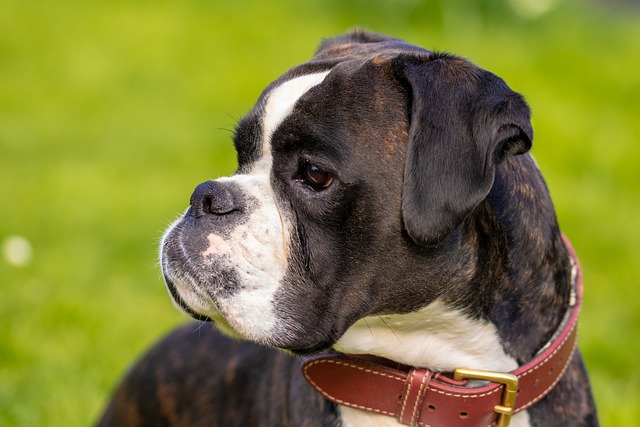
How do i train my dog to be obedient?
Watching your dog dart across the park ignoring your calls isn’t just frustrating—it can put them at risk near busy streets or public spaces.
Watching your senior Cocker Spaniel sniff out a crumb under the kitchen table or your tiny Chihuahua alert to a neighbor’s barbecue a block away might make you wonder: can any dog be scent trained? The resounding answer is yes. From the mighty Bloodhound to the petite Pomeranian, every dog is born with an olfactory system far superior to our own, making them natural candidates for nose work. The real question isn't about ability, but rather about tapping into their individual motivation. While some breeds, like German Shepherds or Beagles, might have a more intense natural drive, the principle holds true for all: scent work is less about teaching a new skill and more about channeling an innate, hardwired behavior into a fun and rewarding game.
The scientific rationale is simple yet fascinating. A dog's brain is dedicated to processing scents, and they use this incredible ability to interpret their world. The key to unlocking this potential for every dog lies in using positive reinforcement training. This method involves rewarding the dog the moment they perform the desired behavior—in this case, showing interest in or finding a target scent. We use high-value rewards like small pieces of chicken or a favorite toy to build a powerful, positive association with the game. This force-free approach is not only the modern standard but is also culturally expected in the U.S. and Europe, firmly rejecting any form of punitive correction that would create stress and inhibit the dog's natural learning process and enthusiasm.

Your training journey begins by discovering what motivates your individual dog. Start with a simple game in a quiet, familiar space like your apartment living room. Use a handful of their favorite treats and let them watch you place one under a single overturned cardboard cup. Give an excited cue like “Find it!” and celebrate wildly when they nudge the cup. The goal in these first few sessions is to build confidence, especially in shy or older dogs, by making the game incredibly easy and rewarding. Over subsequent weeks, you’ll gradually increase the difficulty by using more cups, hiding treats in different rooms, or eventually introducing a specific target odor like birch oil on a cotton swab stored in a perforated container.
This engaging activity is a fantastic solution for apartment dwellers, providing crucial mental stimulation that can tire a dog out as effectively as a long run. A dog that is mentally fulfilled from a 15-minute scent game is often more relaxed and less prone to boredom-related behaviors like chewing or barking, making them a better neighbor. This mindful engagement also reinforces your role as a responsible community member. As you enjoy training your dog, remember that responsible ownership extends outdoors. This includes always carrying waste bags to immediately clean up after your pet—a basic legal requirement and act of courtesy in American communities. Furthermore, before considering joining a local scent work class or practicing in a public park, ensure your dog’s rabies vaccination is meticulously up-to-date. This is a non-negotiable law for public safety and a cornerstone of responsible pet ownership. By embracing scent work, you’re not just playing a game; you’re enriching your dog’s life and strengthening your bond in the most positive way possible.

Watching your dog dart across the park ignoring your calls isn’t just frustrating—it can put them at risk near busy streets or public spaces.

New puppy owners often find themselves rushing to clean up accidents before they set in, and that’s where puppy pad training becomes a game-changer.

If you've noticed your dog's waistline disappearing and your veterinarian has mentioned those few extra pounds, your first instinct might be to simply reduce the amount of food in their bowl.

Training a dog to use a designated spot indoors isn’t as daunting as many new owners fear, but it does take consistency and an understanding of your pet’s needs.

That moment of dread on a walk is all too familiar for many new dog owners. You see another dog approaching down the sidewalk of your neighborhood

If the sight of another dog on your neighborhood walk makes your heart sink as your own dog erupts into a frenzy of barking and lunging, you're not alone.